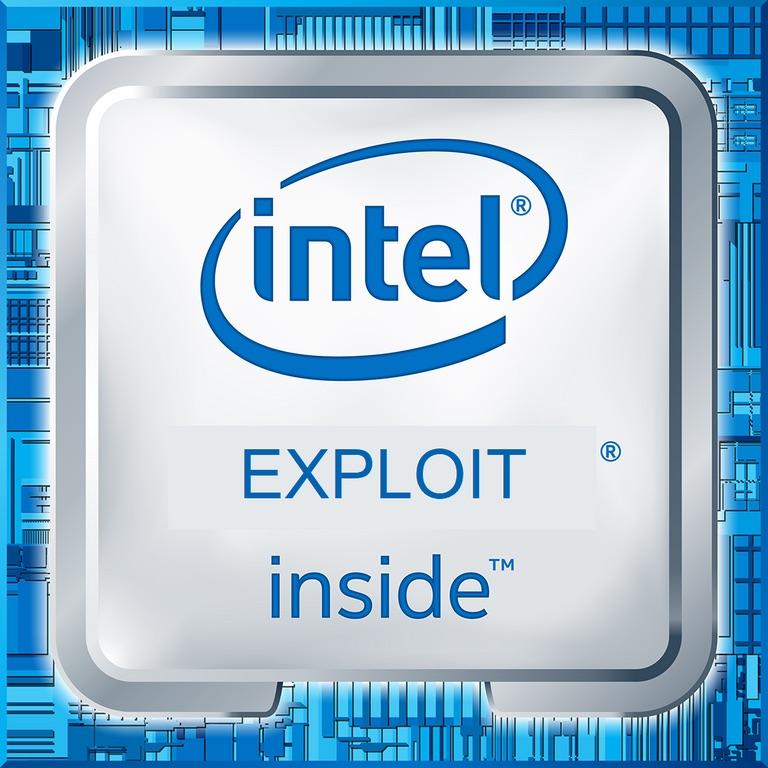naib
[H]ard|Gawd
- Joined
- Jul 26, 2013
- Messages
- 1,289
https://www.zdnet.com/article/intels-cascade-lake-cpus-impacted-by-new-zombieload-v2-attack/
The Zombieload vulnerability disclosed earlier this year in May has a second variant that also works against more recent Intel processors, not just older ones, including Cascade Lake, Intel's latest line of high-end CPUs -- initially thought to have been unaffected.
Intel is releasing microcode (CPU firmware) updates today to address this new Zombieload attack variant, as part of its monthly Patch Tuesday -- known as the Intel Platform Update (IPU) process.
How many are we upto now? what is the total impact of all mitigation activated?
The Zombieload vulnerability disclosed earlier this year in May has a second variant that also works against more recent Intel processors, not just older ones, including Cascade Lake, Intel's latest line of high-end CPUs -- initially thought to have been unaffected.
Intel is releasing microcode (CPU firmware) updates today to address this new Zombieload attack variant, as part of its monthly Patch Tuesday -- known as the Intel Platform Update (IPU) process.
How many are we upto now? what is the total impact of all mitigation activated?
![[H]ard|Forum](/styles/hardforum/xenforo/logo_dark.png)
